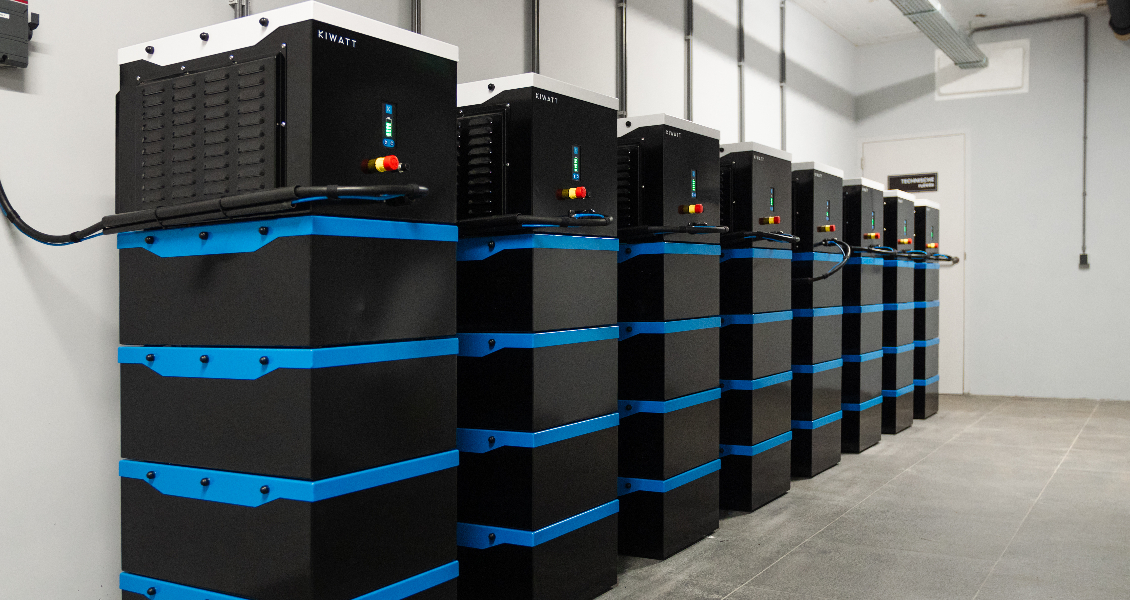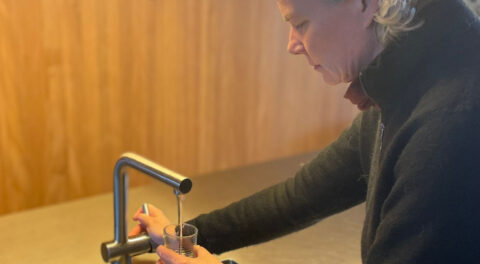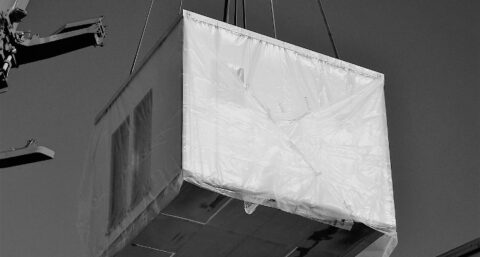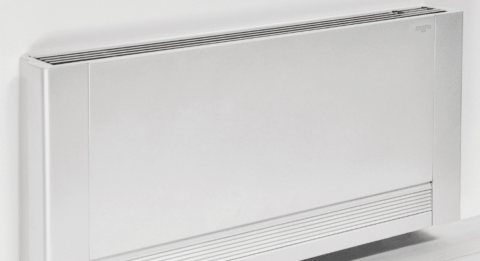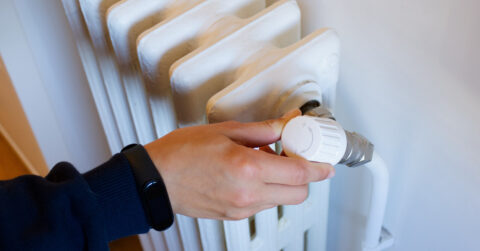Batteries potentially play a big role in solving grid congestion, and Dutch company Kiwatt is making good progress in that regard. This is due in large part to the clear vision of Managing Director Jacob van Leeuwen. He has a clear vision of what he wants to do with the batteries and where the opportunities lie.
The immediate reason for getting involved with batteries lay in his acute problem with grid congestion. That exposed pain probably felt by others as well. "I am primarily an entrepreneur and I see opportunities in the market," he says.
Dutch battery
He had commissioned a new building on the A12 in Ede in 2019 for his electrical installation company Delektro, complete with solar panels. But he couldn't get a large connection because of grid congestion. The only option he saw was to buy batteries so that he could still make do with a smaller connection. 'But at that time the market was still in its infancy,' he explains. 'You could only get batteries from China at that time.'

He decided to look for an alternative himself and eventually to start producing batteries himself. Bram van der Leur, who had just sold EV Box, also had some ideas on how to do that and the two men started working together. Thus, together they stood at the cradle of Kiwatt. That is primarily a Dutch company, Van Leeuwen points out. 'Our battery is a product with Dutch software and is assembled in the Netherlands. It is a completely Dutch battery for the Dutch market.'
Developments
The vision Van Leeuwen and Van der Leur developed was that much more was possible with a battery than just storing energy. On top of that, they developed an entire energy management system in which all kinds of gadgets optimize the use of electricity. Based on all kinds of data, such as weather forecasts, the current weather, the expected need for electricity and the current price of energy, energy is used from the battery, or electricity from the solar panels is stored, or energy is traded on the EPEX SPOT. With the latter, an additional revenue model is provided, reducing the payback period of the battery.
Kiwatt is also constantly fine-tuning and expanding the system. 'For example, we are now working on extending automatic energy trading to the imbalance market.' The hardware is also being worked on. For example, there is increasing capacity relative to volume. The containers are currently still made of steel, but that will become plastic in the near future, Van Leeuwen indicates. That will make the price more competitive.
Perspective despite China
Van Leeuwen is realistic about the future prospects. Certainly the market for home batteries is difficult as far as he is concerned, even though it looks like the new cabinet will abolish the energy-saving scheme after all. But Van Leeuwen certainly sees opportunities, especially in SMEs. 'There has to be pain,' he says. 'That determines whether there is a market and where the demand lies. Grid congestion remains a problem and SMEs need customization. That's what we can provide.'
The biggest threat to his market, he says, comes from China. 'There is a big surplus of three things in China,' he states. 'Solar panels, electric cars and batteries. On top of that, the Chinese economy is not doing very well. So exports are stimulated and those things come here for a trifle.' There is a big downside to this, he says, because the Chinese deal differently with, for example, returns and surpluses, which go mainly to Africa.
The big advantage Kiwatt has over the Chinese competition is that their product is completely tailored to the Dutch market, Van Leeuwen believes. Research also shows that companies are willing to pay extra for a Dutch product. Especially if that means that any problems will be fixed quickly.
